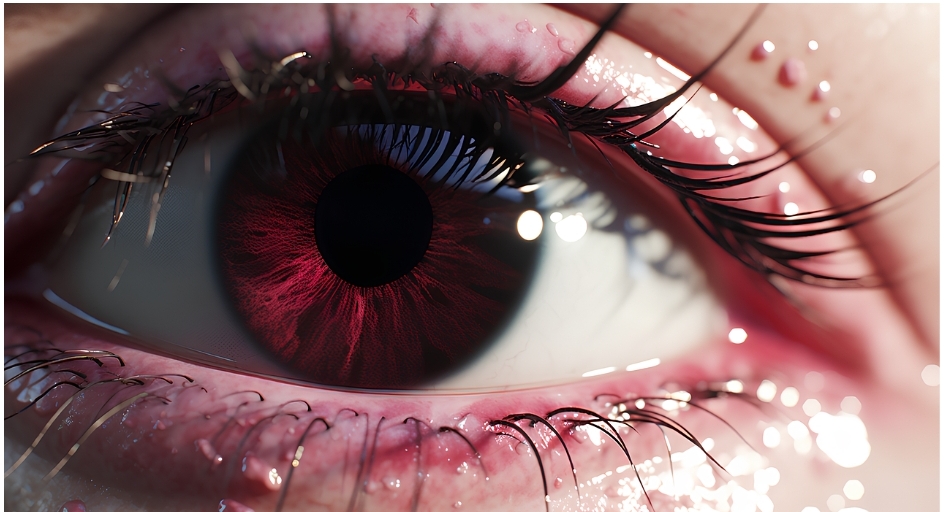Everything You Need to Know About Conjunctivitis – Causes, Symptoms, and Treatment
You might have had itchy eyes; the eyes become reddish and swollen. This is known as ‘conjunctivitis’, which is the most frequent kind of infection that affects the eyes. Its causes could be germs, allergies, or viruses for instance, and it is commonly experienced during the winter season. It is one of the most frequent eye pathologies concerning all ages. Knowledge about what causes it, its symptoms, and the mode of curative actions is crucially important in maintaining general eye health.
In this blog post, let us provide an extensive guide for our readers so that you learn more about this problem and what you can do to overcome it.
Understanding the Causes
Conjunctivitis has several causes and requires diverse preventative and treatment methods. It’s frequently viral, bacterial, or allergic. Cold viruses cause the most common viral conjunctivitis. Dust mites, pollen, and pet dander also cause conjunctivitis. This knowledge would also aid in implementing numerous effective infectious risk reduction initiatives.
Recognizing the Symptoms
It is important to obtain diagnosis and commence the treatment in case of conjunctival inflammation-like symptoms. Conjunctivitis is symptomatic by having redness, pruritus, and grittiness in the eye. The fluid discharge is thick, yellow, and crusts the eyes. Both viral and bacterial conjunctivitis may appear in one eye only. This type of conjunctivitis is experienced in both eyes and comes with sneezing and a runny nose, so early discovery of the condition may help one look for a remedy.
Treatment Options
Treatment of conjunctivitis basically depends on the cause. Viral conjunctivitis clears on its own. Thus, there is no treatment. However, warm compresses and excellent hygiene may assist. Doctors give antibiotic eye drops or ointment to speed up healing from bacterial conjunctivitis. Avoiding and using antihistamine eye drops may improve allergic conjunctivitis depending on the case. It is, therefore, crucial to seek the opinion of a medical professional, like those at Melbourne optometry clinics, to know the best line of medication to take and prevent the rise of complications.
Preventive Measures
Conjunctivitis may also be avoided by using practical steps in high-risk areas. Hand washing may prevent conjunctivitis. It’s best to avoid touching your eyes since anybody may spread germs. One should be careful when using towels, pillowcases, and makeup until the issue is resolved. Staying inside with all windows and doors closed during high-pollen seasons may help allergic conjunctivitis sufferers avoid allergens. The modest conjunctivitis prevention methods provided so far are successful.
The Importance of Seeking Professional Help
Professional consultation is crucial for identifying and excluding severe eye diseases, as blepharitis is usually self-limiting. Optometrists or health practitioners can identify conjunctivitis types, provide appropriate treatment, and recommend symptom relief and future prevention methods. It is largely in the residents of Australia, especially those from metro cities, who will have these opportunities of services from the Melbourne clinics so that any professional advice for eye health care is adequately and legitimately provided to address your eye problems.
Conjunctivitis can be considered one of the most common eye diseases, with several causes and presentations. Awareness of it, maintaining the cleanliness of the surroundings, and appropriate professional management could suit proper handling and avoid common eye problems such as conjunctivitis. Be alert and take active steps to protect your eyes.
Discover the latest news and updates on Glamour Tomorrow!






